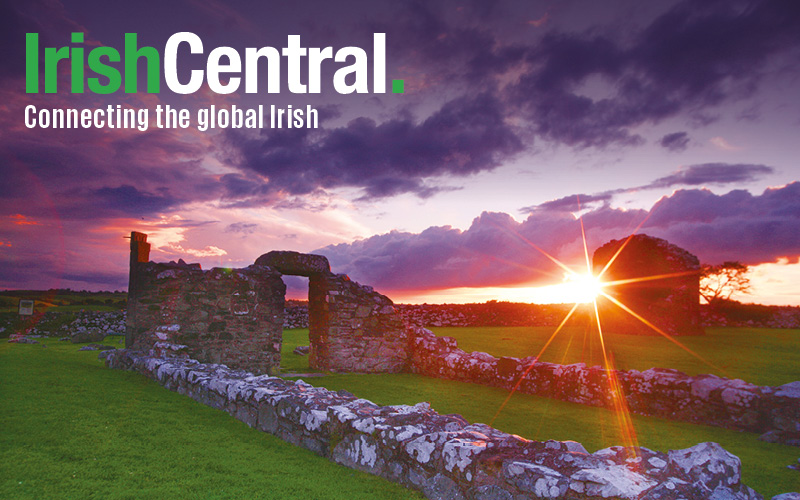An Irish Jesuit scholar living in the US has criticized the Government’s 2016 Rising centenary events, claiming that although some of the events are acceptable, “its totality is deeply disturbing.”
“To celebrate the Rising is to celebrate anti-democratic elitism and bloodlust,” states Fr Séamus Murphy SJ, an Associate Professor in Philosophy at Loyola University Chicago.
Writing for the Irish Times, Murphy claimed the Irish government have missed the mark in placing so much weight on the Rising and its place in Irish history.
Given that the Rising was an act of military violence that was neither expected nor wanted by Dublin’s citizens of the time, Murphy says that it is wrong of us to elevate the Rising to such a level, especially as an act that resulted in far more civilian than combatant deaths.
He also feels the Rising could be viewed as an undemocratic attempt by the Rising’s leaders to establish a new Irish state, an act entered into without the consent of the majority of Irish people.
“Let’s acknowledge the bravery and discipline of the insurgents,” Murphy writes.
“Acknowledge too their irresponsibility in starting a rising in a city center that foreseeably would (and did) lead to far more civilian than combatant deaths.”
“Far more serious is the attempt of the Rising’s leaders, without authority from the living Irish people (as opposed to the imaginary authority of the dead generations), to establish a new state and themselves as its government with power to start a war and execute citizens. That cannot be laughed off.”
Murphy is not alone in his disappointment with the massive year-long program of events established around the 1916 centenary. With $54 million (€50 million) set aside by the Irish government in last year’s budget for Rising-specific commemorations, over 2,000 events will take place worldwide throughout the year, focusing on a wide range of issues and various aspects of the story.
Last week, the program of events to take place throughout the US was officially launched in New York by Irish Minister for Foreign Affairs Charlie Flanagan, Ambassador Anne Anderson and actor Liam Neeson.
There are those, however, who feel the government is not doing enough to avoid anti-British sentiment, with leading figures such as former Irish Taoiseach (Prime Minister) John Bruton and historian Ruth Dudley Edwards believing that independence could have been achieved without the Rising and to honor it is to keep alive the tradition of violence in Irish politics.
On her first day in office on January 11 as the first female First Minister of Northern Ireland, Arlene Foster, also announced that she would not be attending the centenary events. Foster attracted criticism within hours of taking office after explaining that she would not attend any commemoration events because the Rising was intended to end the union between Britain and Ireland and she is loyal to that union.
Writing for The Guardian about her decision, however, Malachi O’Doherty echoes the sentiments of Séamus Murray, asserting that the Rising fueled the violence in Ireland during the Troubles and undermined the efforts of the constitutional nationalists who held the majority at the time. He writes that the Rising was “not just a revolt against Britain; it was a revolt against constitutional Irish nationalism.”
“If constitutional nationalists such as the current leaders of modern Ireland and the constitutional Ireland had more sense of their own history,” he continues, “they might step back from the celebrations themselves and stand more assertively for the success of democracy in Ireland and the failure of armed struggle to go anywhere but back into parliament.”
As an act that saw constitutionalist nationalists working in compromise with Unionists, “the Good Friday agreement, not the Rising, is the defining event of contemporary Irish identity,” Murphy concludes.
Is the Irish Government placing too much emphasis on the 1916 Easter Rising? Do you consider it the defining event in Irish history? Let us know in the comments section, below.
You can read more about the centenary here.




Comments